The Nigerian rap music has gotten to its maturity stage, no doubt, but there’s still room for improvement to be bigger than South African rap industry, which is arguably the biggest in Africa.
The Yoruba rappers have proven themselves stronger than other rap clans in Nigeria. With the existence of Seriki, Olamide, Reminisce, CDQ and the new folks like Lil Kesh, Chinko Ekun and few others pulling their weights; the response from their female counterparts is not impressive.
It is understandable that the industry we have now is a male-dominated music industry compared to the ’90s and early 2000s that we have energetic rappers Weird MC, Sasha P, Blaise, Kemistry and B.O.U.Q.U.I. They changed the industry during their reigns and made it a strong competition for the male rappers. It won’t be a mistake to say they sent the male rappers in the industry into hiding.
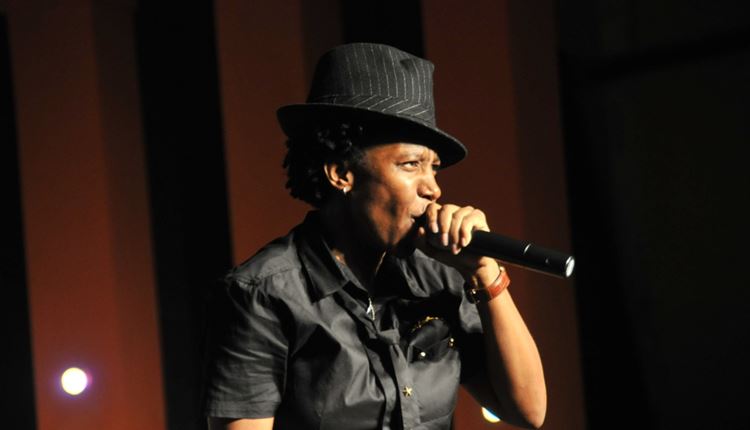
Looking vividly into the music industry, we have female singers doing very well, thanks to Tiwa Savage, Yemi Alade, Seyi Shay, Niniola whom are currently the talk of the town; doing their music passionately and taking their career to the next level.
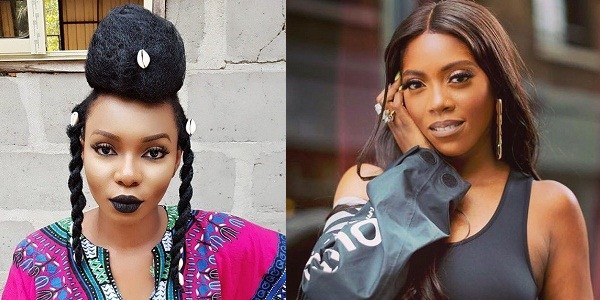
Some have argued that women don’t last in music like the men, but if singers like Omawumi, Waje, Tiwa Savage and Yemi Alade can span for over 15 years and still counting their years in the music industry, then other women don’t have any excuse than to up their games, buckle up and believe in they can do better. It is neither too late nor too early to start.
Since rappers Munachi ‘Muna’ Abi, Mo’Cheddah and Eva Alordiah took a bow and stepped aside from the music industry, no female has grabbed the microphone to drop some bars other than Tipsy Enupo and Mz Kiss, these are the only two rappers that we have in the music industry and they both rap in Yoruba. At a time Saeon came in as a rapper too, but now she sings while Splash has picked up a career in modeling, leaving active music.
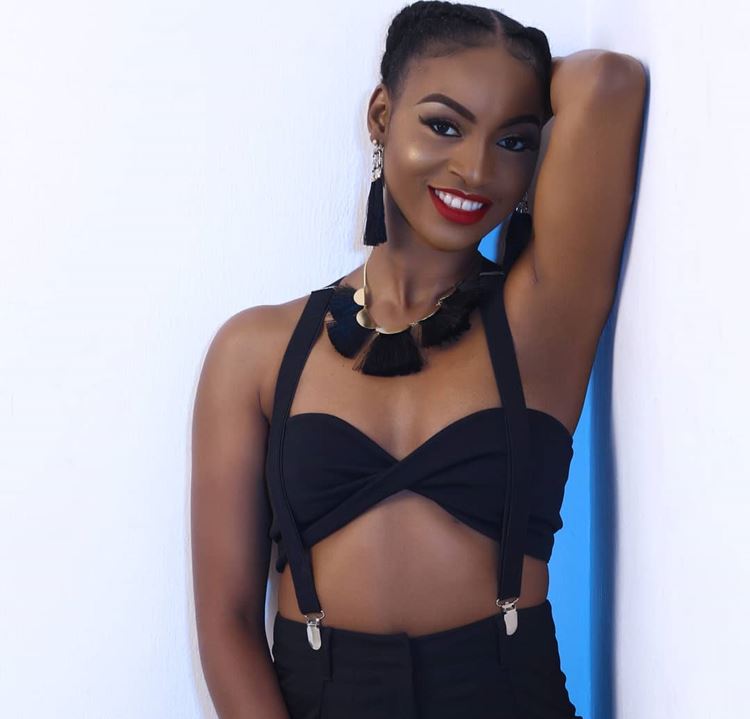
Tipsy and Mz Kiss are well known and respected in the industry, without these ladies, there will be nothing like female rappers in Nigeria, let alone Yoruba female rappers. The fighting spirit and energy they emit whenever they rap are still burning and blazing heavily, but what is the future of the genre they represent for their gender?
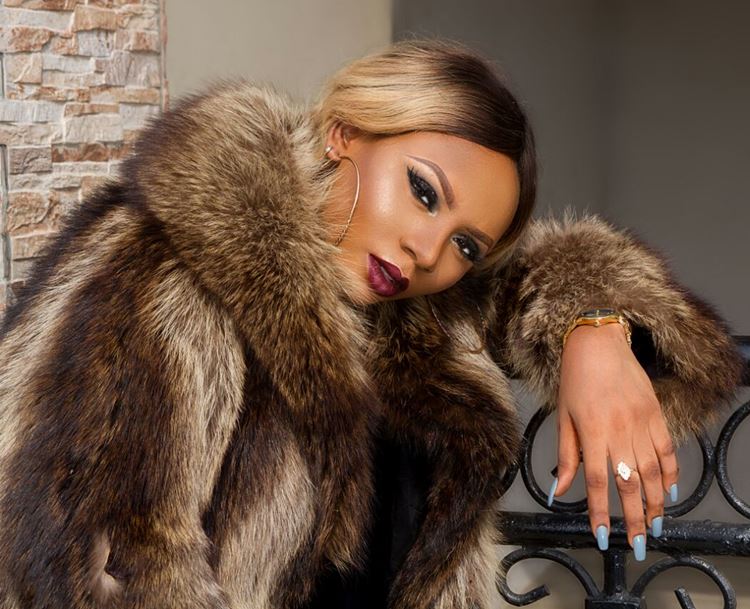
If we can have more females step into the rap game, may be the future of rap (for females) would be secured and eventually encourage more Yoruba female rappers, otherwise… what the future looks like now is very convincing that the positive side is yet to be ascertained.
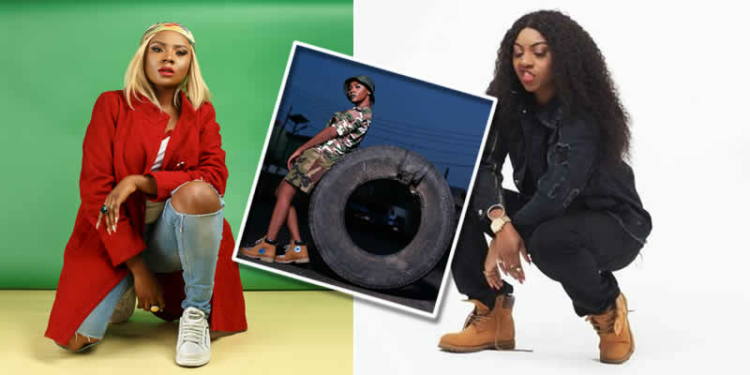
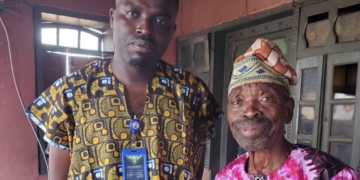
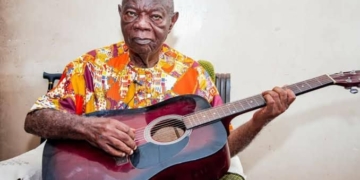

Discussion about this post